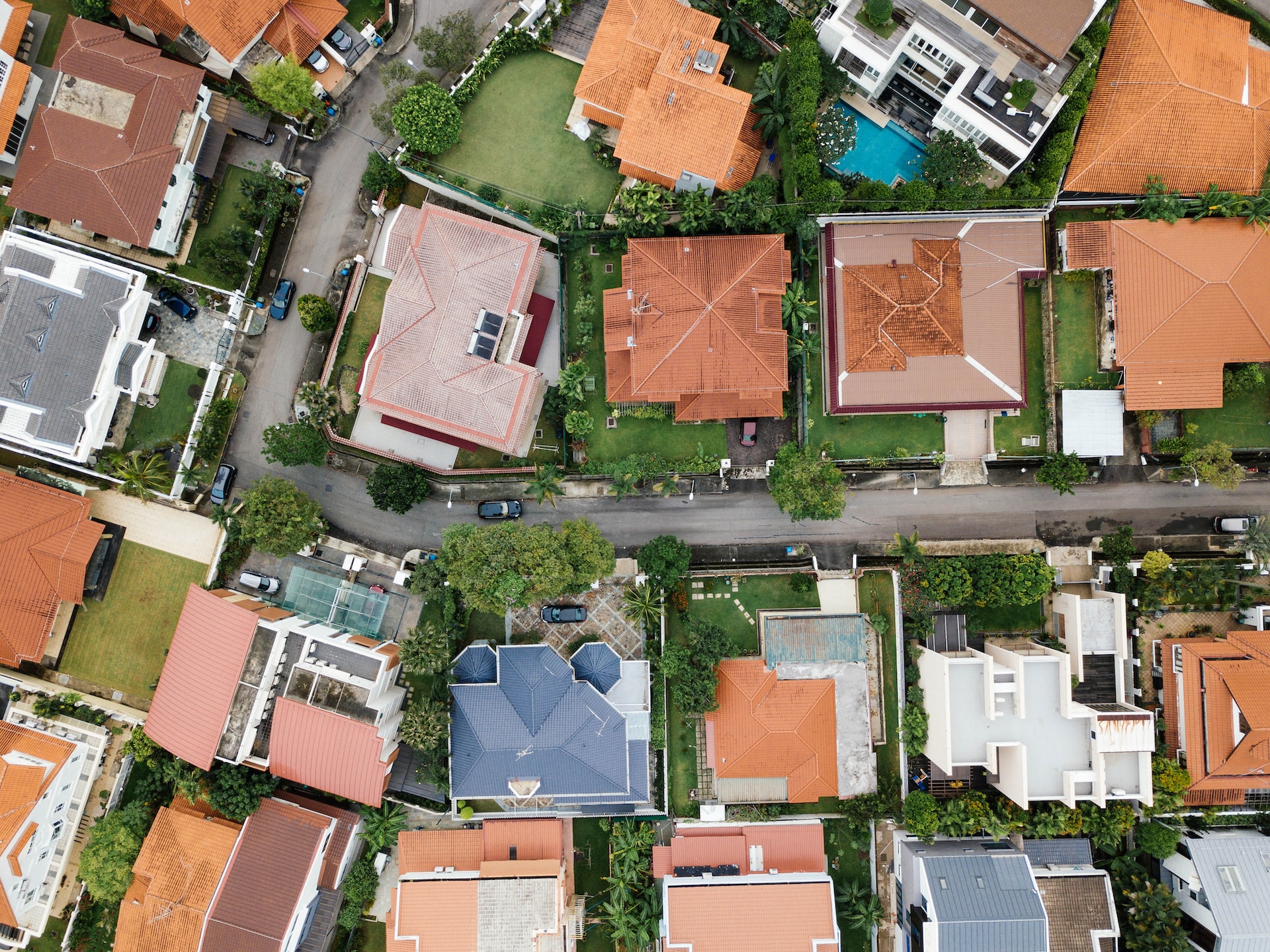Farming in Africa still has a long way to go before it can fully support the needs of Africans. In Nigeria, despite the government closing its borders from August 2019 to December 2020—a move that was meant to help reduce national dependence on imported food. The country’s food imports amounted to ₦ 2 trillion ($4.5 billion) last year, a record high. Nigeria is not alone in its dependence on imported foods; Kenya’s food imports rose to $1.2 billion last year, a 21% increase from the previous year. In Ghana, last year’s figure was estimated to have reached $1.9 billion.
The price of food has been rising steadily as a result of the reliance on imported food, which consists primarily of staple foods. The price of staple foods in sub-Saharan Africa has risen by an average of 23.9% between 2020 and 2022, the highest since the 2008 global financial crisis. This surge in price has affected the average African household; according to the IMF, the average share of income spent in sub-Saharan Africa is 40%. For context, the estimate is 17% in more advanced economies.
Although food prices have been rising steadily, the earnings of smallholder farmers, who are the foundation of the food industry, have not kept pace. Several factors have played a role in this, such as the rise in the price of fertilisers, a lack of access to finance, water scarcity, and climate change, among others. These farmers have often been neglected and not given the crucial support that they need to thrive.
Pyramidia Ventures, a venture studio focused on the agricultural sector, has secured investment for its first company, Stable Foods. The Kenya-based company has raised $600,000 to offer support to smallholder farmers. The company offers a host of solutions to these farmers such as input and offtake contracts, training on best practices for regenerative agriculture, and an irrigation-as-a-service (IaaS) product.
Smallholder farmers can choose from a menu of these services to create different solutions based on their unique needs. With this funding round, the company wants to expand its proof of concept to 500 farmers by the end of 2023. Investors participating in the round are Acumen Resilient Agriculture Fund (ARAF) and Mercy Corps Ventures.
Ruth Bertens, the managing partner and CEO of Pyramidia, told TechCabal via mail that the venture studio took into consideration three factors before approaching the investors for this round. She said that alignment in values, the value-add of investors, and whether the investors had a deep understanding of Stable Foods’ business model, geography and sector that it operates were the factors considered. “Both ARAF and Mercy Corps Ventures deeply understand the climate change challenges of smallholder farmers in Africa and strongly support Stable Foods’ integrated business model to tackle such challenges head-on. From a mission perspective, we are squarely aligned with both investors. They also both offer excellent technical and functional post-investment support,” Bertens confirmed.
Stable Foods’ business model relies on subscriptions from its irrigation-as-a-service product, the sales of its crops produced on leased land, and the produce of its partners. “By leveraging shared capital expenditure (reservoirs, solar pumps) through networked irrigation solutions feeding into many smaller plots in the same area, we enable economies of scale and drive down the cost of drip irrigation per unit for smallholder farmers. We also lease and operate plots (for those landowners who do not want to farm themselves but want to earn a stable income on their land),” Bertens said.
Stable Foods does not sell IaaS subscriptions nationwide to individual customers, but rather operates in communities so they can drive the price of irrigation down by leveraging capital expenditure over many smallholder plots.
The company currently has 20 partners onboarded on its production platform. Bertens added that after the success of Stable Foods’ drip irrigation solution and the high-quality input it has provided, the majority of its partners have shifted their interest from lease agreements to IaaS subscriptions. These subscriptions cost $40 per month per acre, starting with $5 for 12.5% of an acre plot, including the water access—farmers don’t need to dig their own borehole—pumping capacity, drip installation and maintenance.
Innovative solutions like Stable Foods are a welcome development to help mitigate the problems in Africa’s farming sector, due to the sector’s need for innovation and investment.
“Stable Foods is another great addition to ARAF’s portfolio companies, where we invest in innovative business models that help smallholder farmers adapt to climate change,” said Tamer El Raghy, Managing Director of ARAF. “The negative impact of climate change on rain patterns can’t be overstated and we believe that the Irrigation-as-a-Service solution Stable Foods is offering represents a revolutionary service in the market.”
“It is widely accepted that there is a massive productivity gap in smallholder farming, and implementing irrigation is known to catalyse step-change increases in yields and income,” said Daniel Block, investment principal at Mercy Corps Ventures. “Yet, fewer than 3% of smallholders access irrigation today, primarily due to a lack of affordability. Leveraging shared capital expenditure through networked irrigation solutions, Stable Foods has proven economies of scale can drive down the cost per unit for farmers and make irrigation work for even tiny plots of land at a price point that is very affordable to any smallholder. We often think of innovation as a new technology, though sometimes – and Stable Foods gets this – redesigning existing systems and executing to solve a true customer pain point is the most successful innovation of all.”




















